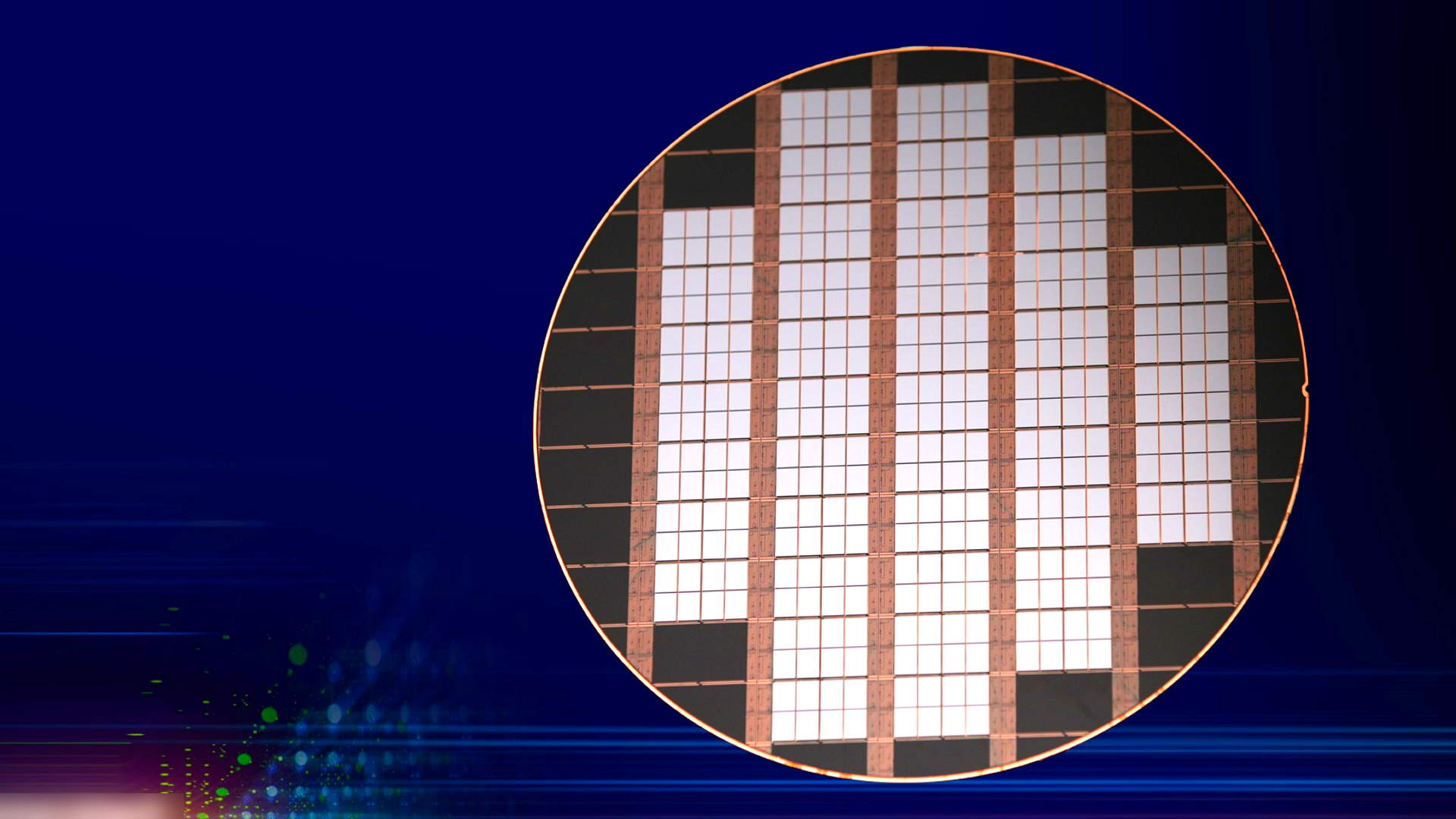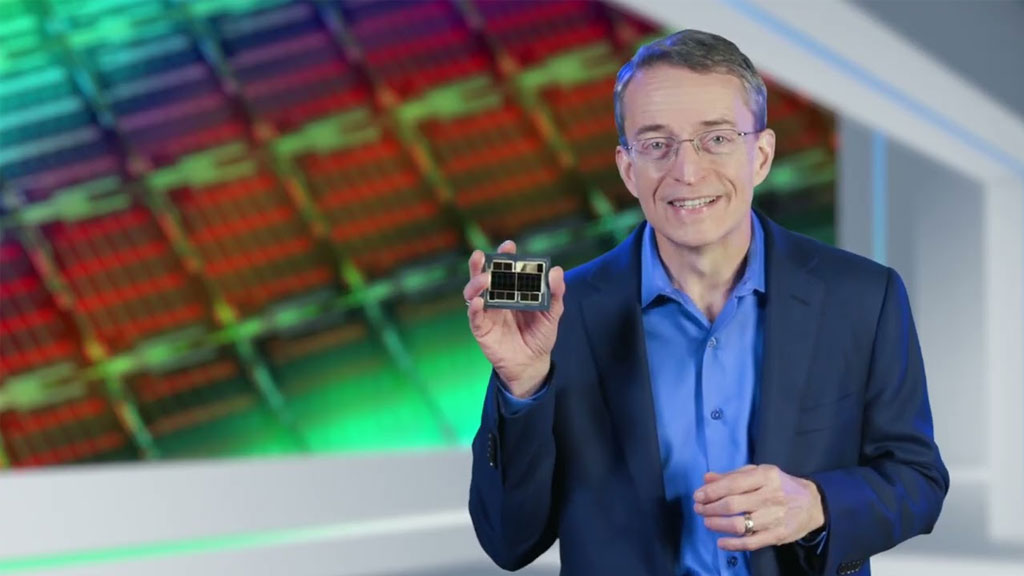Meteor Lake, Intel's first chiplet processor, may now be delayed until 2024
Mass production of the GPU component has reportedly been delayed to the end of 2023, making a launch unlikely until 2024.

Things just seem to keep getting worse for Intel's Patty G. It all looked so promising when he took over, putting engineering first, with a focus on making sure it delivered on everything it said it would do. And yet the first discrete graphics cards of recent Intel history have still yet to really see the light of day, over a year on from when we first expected them, its server-side Sapphire Rapids chips have been delayed again, and now it looks like Meteor Lake is being pushed back once more.
Maybe Intel should just stop giving even a vague release window. Just do the Valve-time thing of 'when it's ready, it's ready, okay?'
Meteor Lake is the expected 14th Gen Core CPU generation, following on from this year's Raptor Lake update to Alder Lake. But far from being an incremental silicon update, Meteor Lake is due to be another radical change in Intel processor design. As well as using the new Intel 4 process—the name for its 7nm lithography—it will be Intel's first chiplet CPU.
It's also set to sport a vastly improved Arc GPU, what Raja Koduri has called 'a new class of graphics,' as part of its multi-chip package. And that's where the latest delay has come to light. Intel is using TSMC's 3nm process for the manufacturing of Meteor Lake's graphics component, as it uses TSMC for the rest of its GPU production, but a new TrendForce report (via Hardware.Info) is stating that it has now delayed mass production of the chip at TSMC to the end of 2023.
When Intel CEO, Pat Gelsinger, first introduced the new naming scheme for its future production processes, he spoke about Intel 4, introducing 7nm lithography for its 2023 products including Meteor Lake and Granite Rapids. It was going to start mass production this year, with a full release the following year. Then that was reportedly delayed until the start of 2023 and this latest news has mass production delayed even further.
That would indicate that an actual consumer release of Meteor Lake likely wouldn't happen until sometime in 2024. Potentially a year behind the original schedule.
Looks like it really was all too good to be true.
The biggest gaming news, reviews and hardware deals
Keep up to date with the most important stories and the best deals, as picked by the PC Gamer team.


Best CPU for gaming: The top chips from Intel and AMD
Best gaming motherboard: The right boards
Best graphics card: Your perfect pixel-pusher awaits
Best SSD for gaming: Get into the game ahead of the rest
There's no indication of why the production schedule for the GPU component has been delayed again, but the original delay was reportedly due to product design and process verification issues. It probably wouldn't be beyond the realms of possibility that the complexity of creating a complicated chiplet design on a new process is causing issues within Intel.
Which is a shame, because as recently as June Intel had been making big promises for Meteor Lake, stating that it would be delivering 20% higher frequencies at the same power levels as the current Alder Lake design.
None of this is going to help consumer or investor confidence in Intel, which has again been shaken by recent poor financial performance. Gelsinger was there to drive a focus on delivering, in the way that AMD has stuck consistently to its production schedule, delivering generations of Zen architectures on time, and with genuine improvements. That's not how it's been shaking out for dear ol' Patty G, however.

Dave has been gaming since the days of Zaxxon and Lady Bug on the Colecovision, and code books for the Commodore Vic 20 (Death Race 2000!). He built his first gaming PC at the tender age of 16, and finally finished bug-fixing the Cyrix-based system around a year later. When he dropped it out of the window. He first started writing for Official PlayStation Magazine and Xbox World many decades ago, then moved onto PC Format full-time, then PC Gamer, TechRadar, and T3 among others. Now he's back, writing about the nightmarish graphics card market, CPUs with more cores than sense, gaming laptops hotter than the sun, and SSDs more capacious than a Cybertruck.

